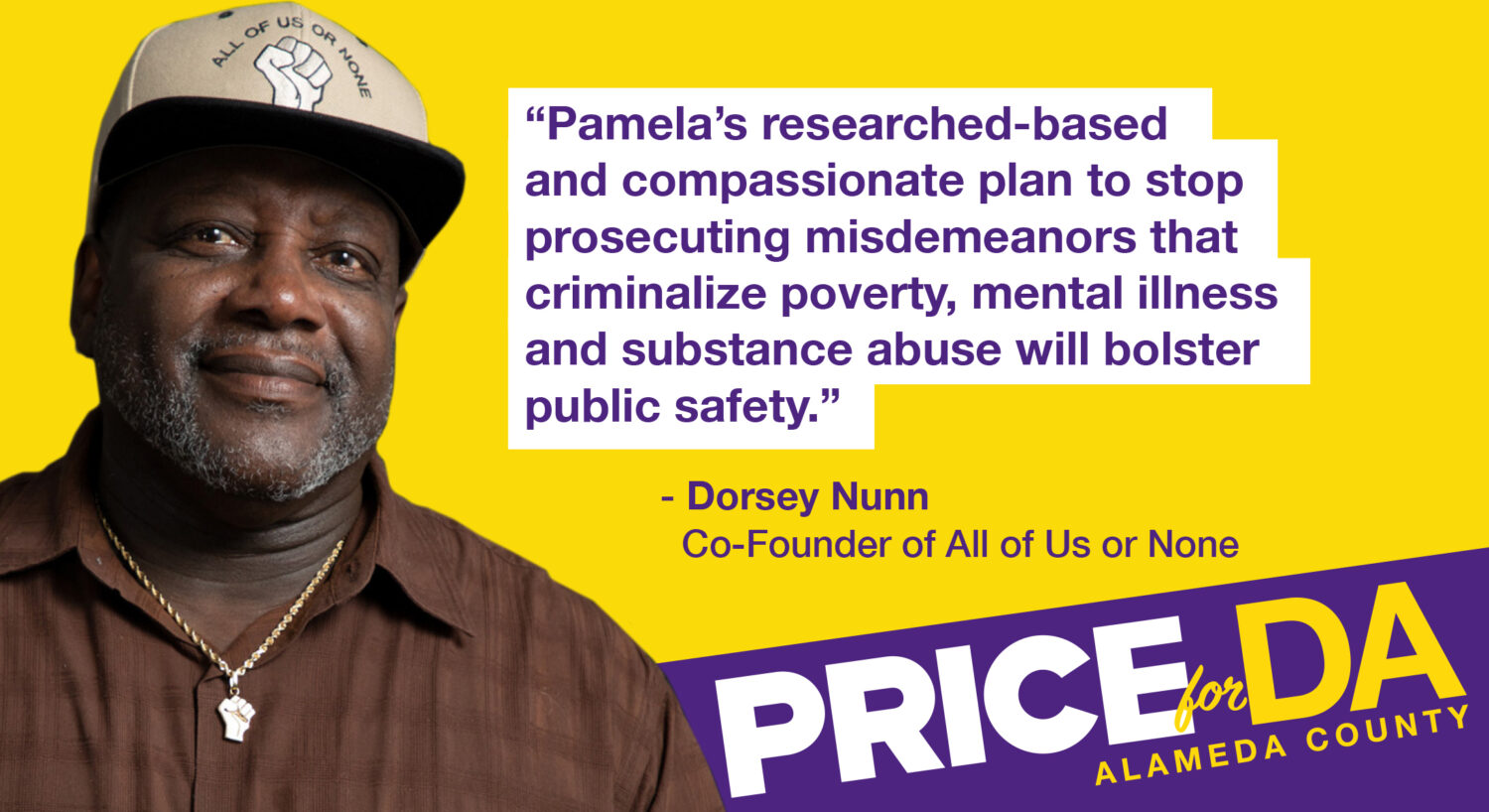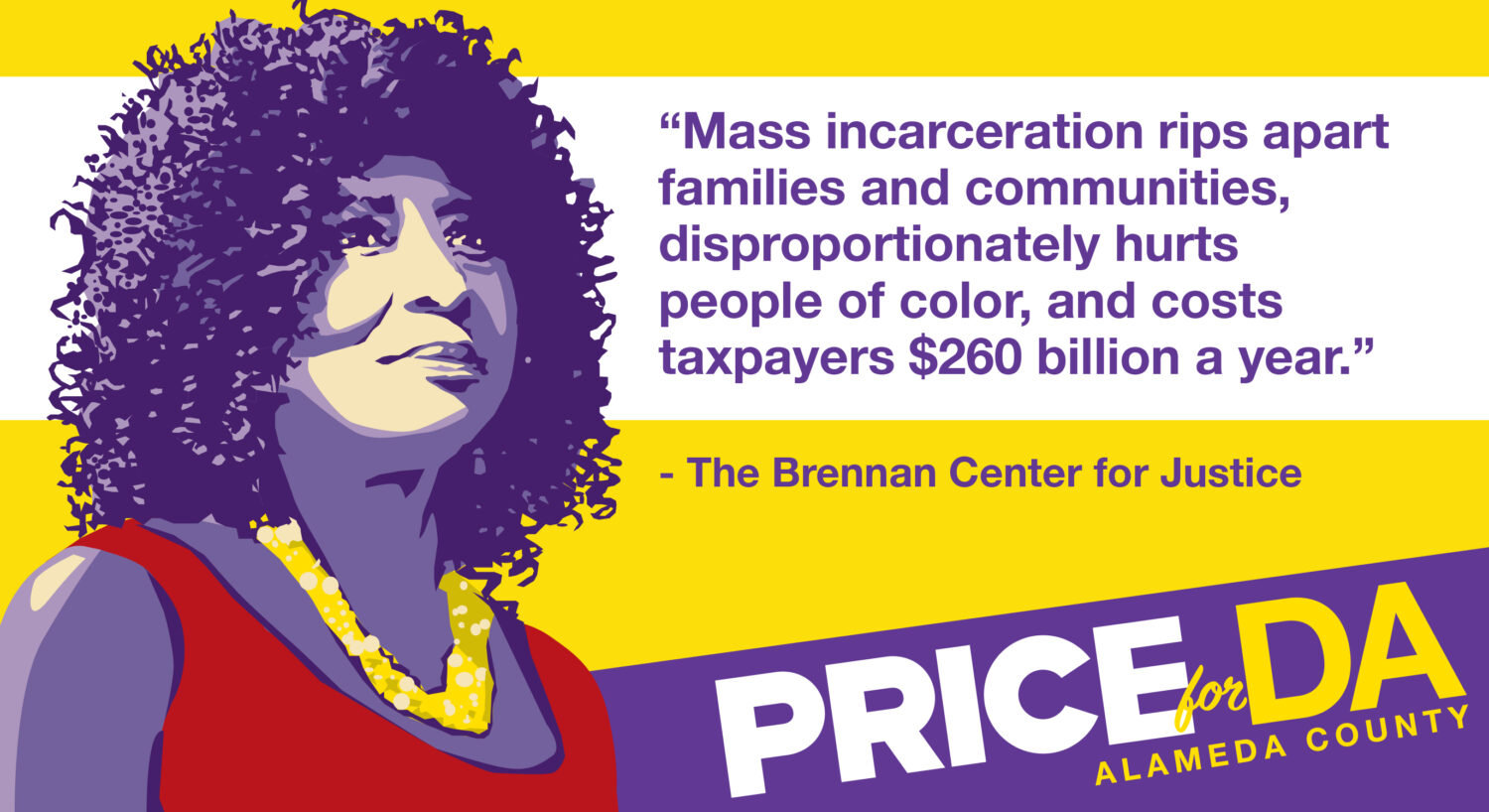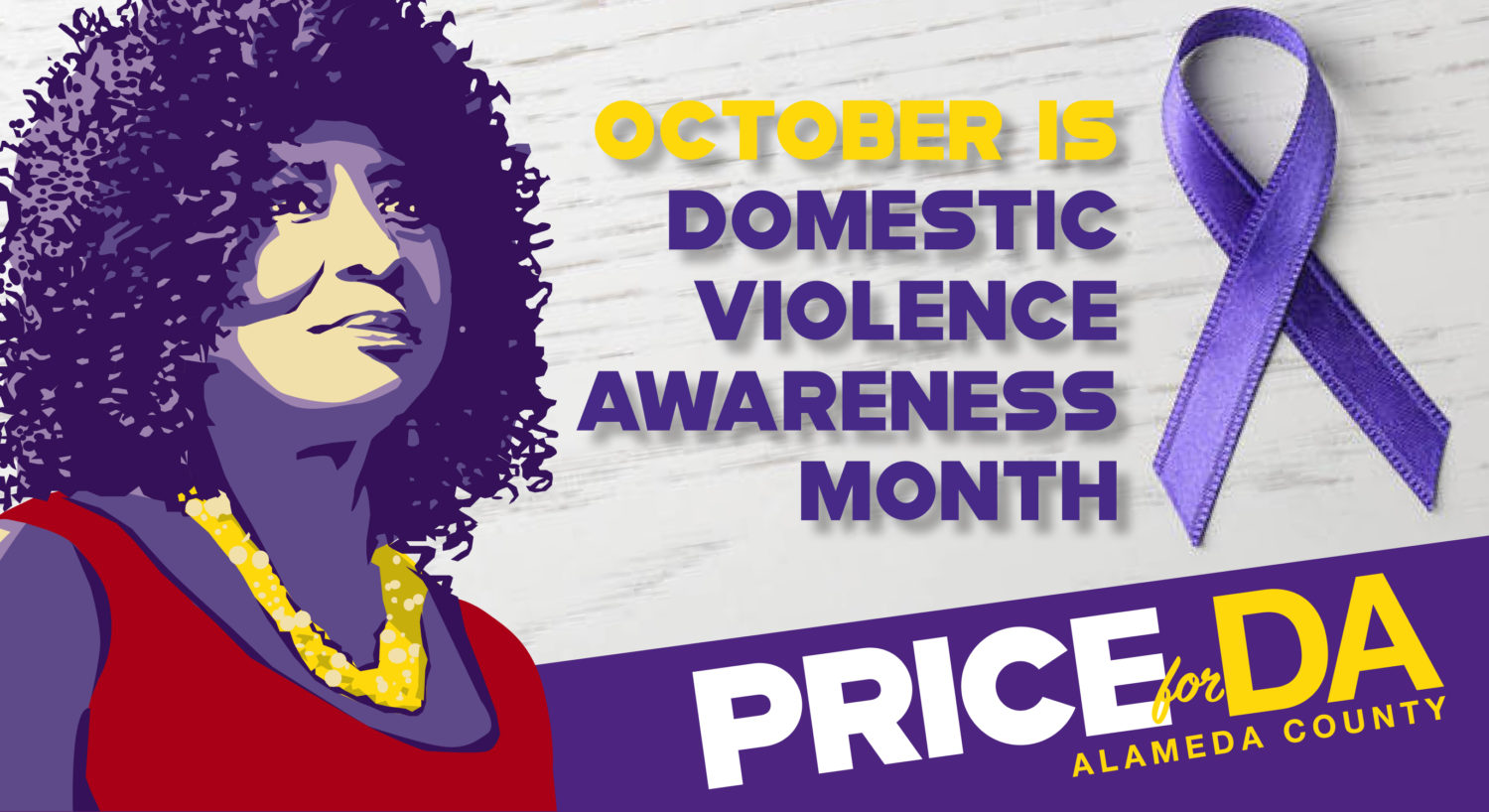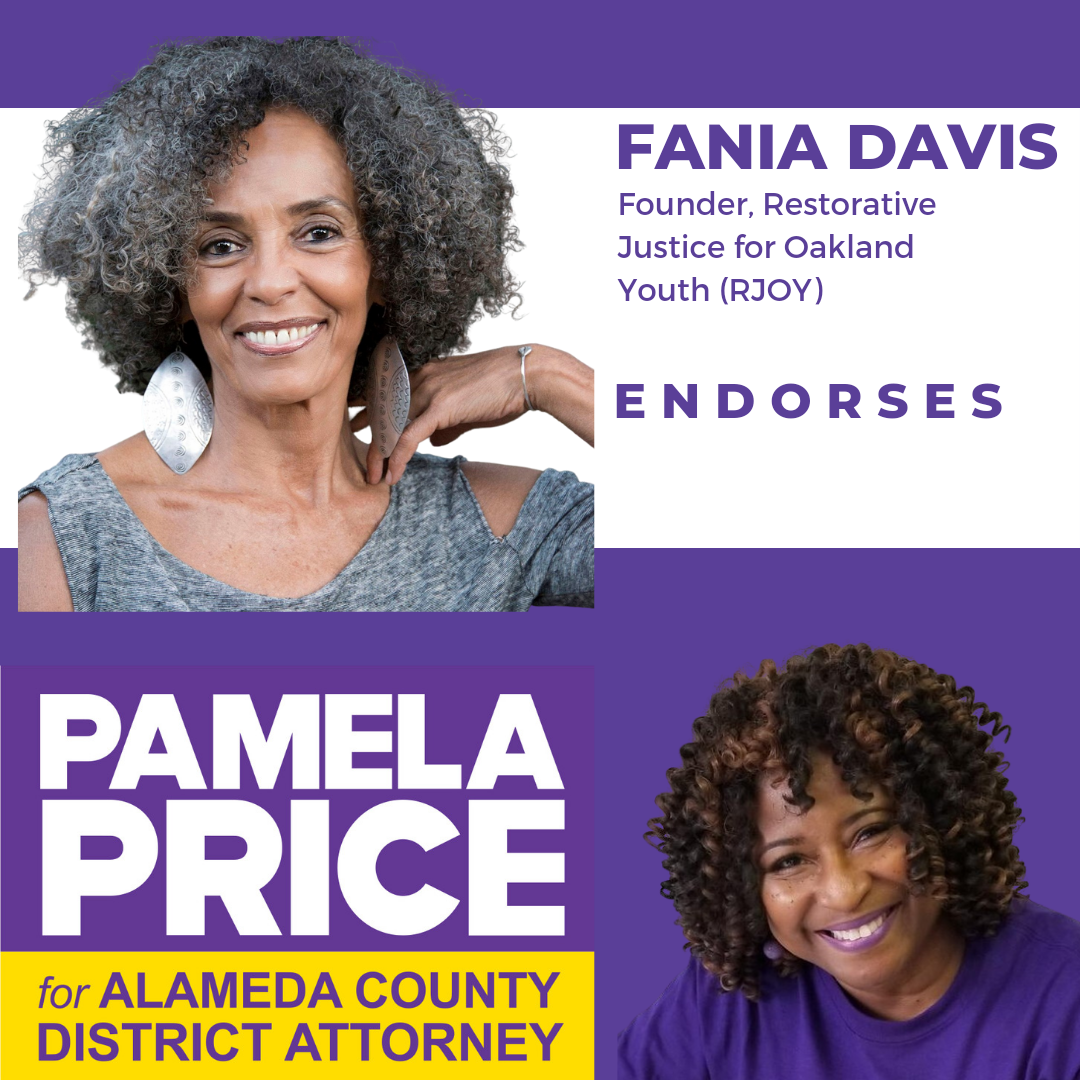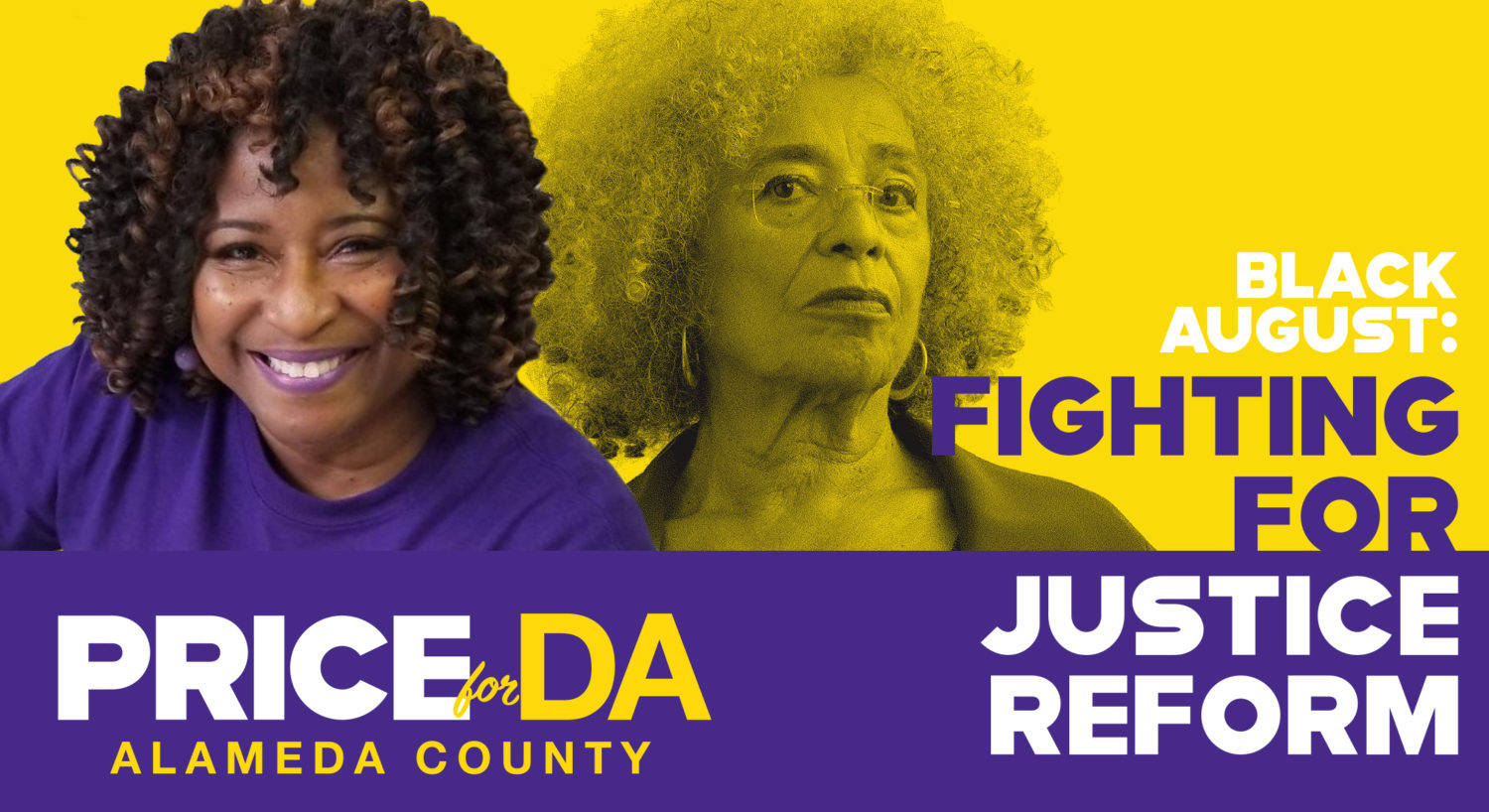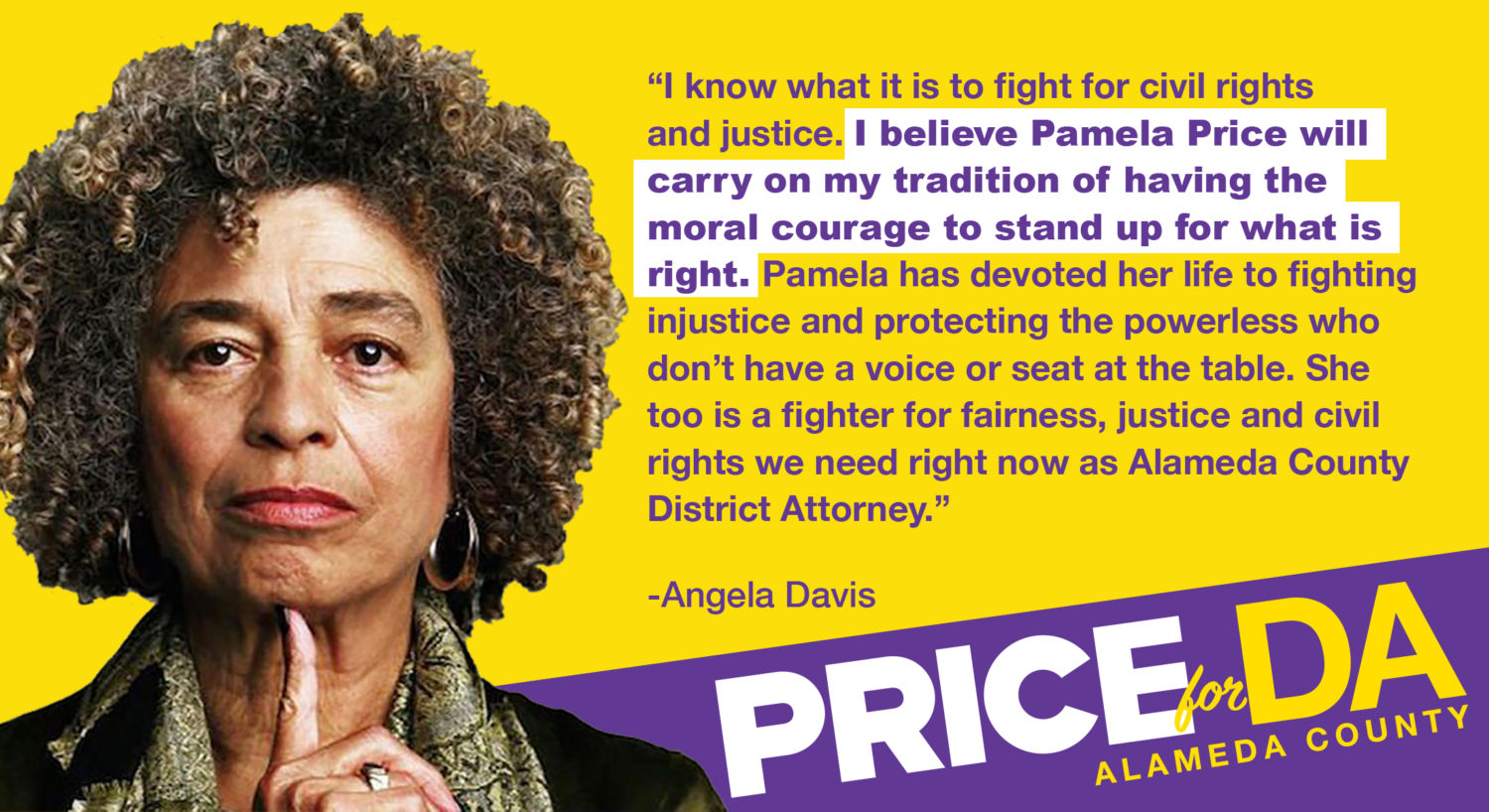
Alameda County’s Behavior Health Court is a diversion program designed for people with mental health issues in the criminal justice system. Collaborative Courts, including drug court and Veterans court, provide a pathway for the DA’s office to focus on the root of the problem – not just crime. These Courts use a wrap-around approach that provides assistance instead of incarceration.
According to the DA’s office, in the 8 years from 2009 to 2017, only 229 cases were referred to Behavioral Health Court. That is equivalent to just over two cases per month every year. That’s 24+ cases per year diverted out of about 30,000 cases prosecuted per year. This pathway to solutions for people suffering from mental illness could be so much more effective if we actually used it. The DA’s Office has set the stage for this court to have a trickle of success. The criteria to refer a case is so restrictive that it becomes a roadblock instead of a pathway.
The Alameda County DA’s office receives about 43,000 cases from the police every year. They prosecute about 69% of those cases every year, sometimes higher. The current model pushes most people down the path of conviction and incarceration. In fact, less than 1% of the cases were diverted out of the criminal justice system in 2019. According to the State’s data, 61% of the people incarcerated-almost 2/3-will re-offend within 3 years. Our system is broken.
The DA Creates Roadblocks
Full Service Partnership (FSP) is another pathway out of incarceration that the State of California has found to be effective. FSPs provide a multidisciplinary team to help people with mental illness stay in treatment, manage medication, address crises, secure and maintain housing and employment, and engage in their communities.
FSPs are community-based services funded by the County. Non-profits and service providers work with the DA’s office inside the criminal justice system to create a system of care that isn’t jail. Mental Health Service Act (MHSA) regulations require that 50% or more of the Community Services and Supports (CSS) funds are used for Full Service Partnership programs (FSPs).
In Alameda County, this pathway is also subject to DA roadblocks. The U.S. Department of Justice recently found that Alameda County fails to effectively connect people with mental illness with FSP services. The DOJ found that although the County identified 290 people eligible for the FSP program, “just 17 appear to have been connected with that service.”
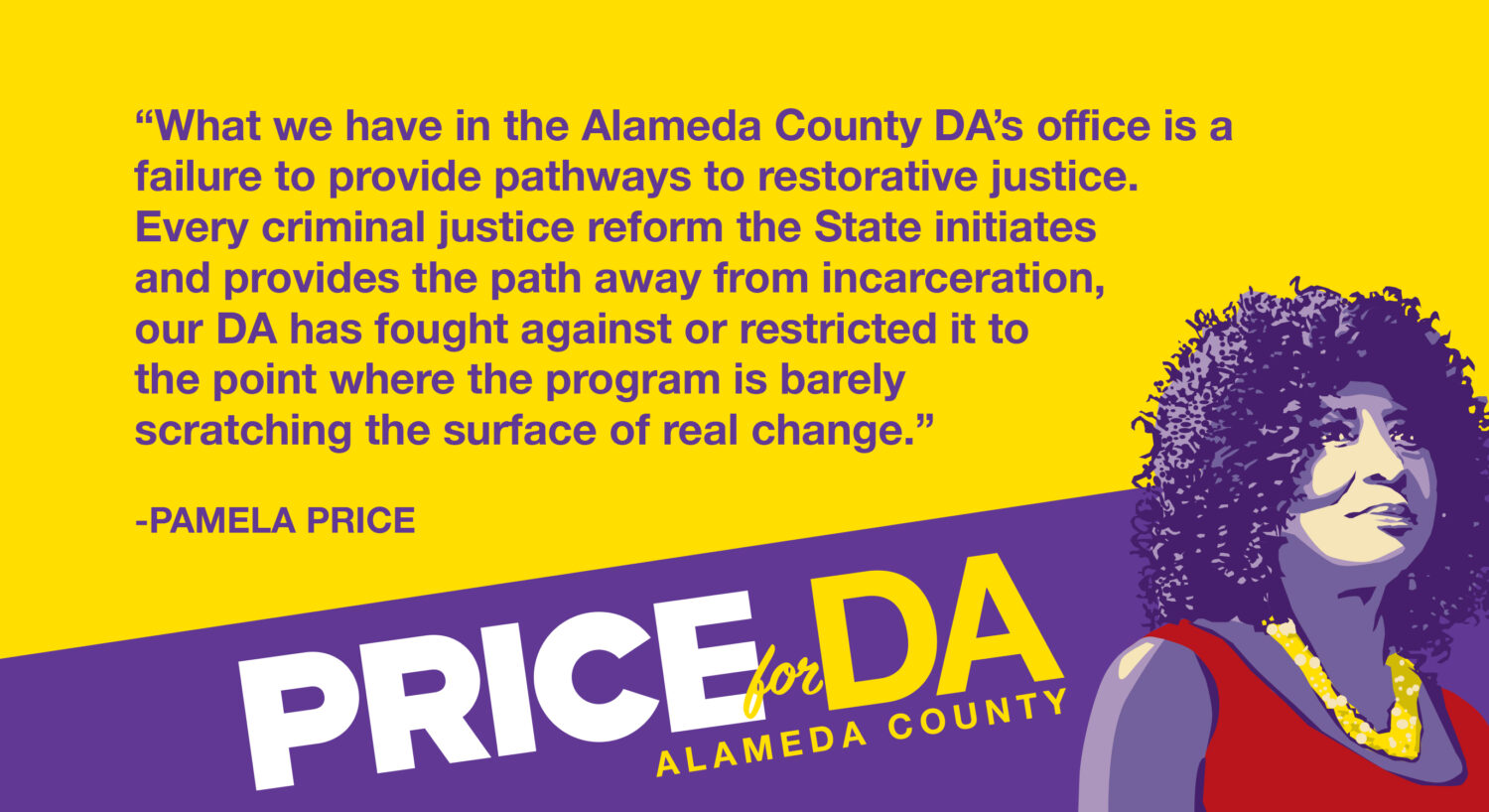
What we have in the Alameda County DA’s office is a failure to provide pathways to restorative justice. Our DA has fought against or restricted every criminal justice reform the State initiates and provides as a path away from incarceration to the point where the programs barely scratch the surface of real change. As a progressive District Attorney, my charge is to create pathways, not roadblocks to justice.
In Times of Crisis
Worse yet, in times of crisis, our loved ones in crisis are met with a badge and gun. In fact, the only pathway that seems to be roadblock free is the path to the Santa Rita Jail. This was a major theme in our recent Town Hall forum with Families Advocating for the Seriously Mentally Ill (FASMI).
The Alameda County Sheriff’s Office is the largest provider of mental health services in the county. The jail receives an ever-increasing lion’s share of the County budget. Our investment in incarceration has fueled Alameda County’s “51-50 Crisis.”
“We need a collective reckoning for Alameda County when a person with mental health problems can only really find services and support behind bars.“ stated Cathy Leonard. “We don’t want police involved in non-emergency mental health calls because we’re sick of the death count.” Cathy Leonard has served for 14 years on the City of Oakland’s Community Policing Advisory Board and is the founder of the Oakland Neighborhoods for Equity. She is also a leader in Oakland’s Coalition for Police Accountability. Cathy Leonard endorses Pamela Price for Alameda County District Attorney.
“We need to shift resources to community solutions,” stated Sheryl Walton. “This is a public health crisis – and a jail cell is not going to create better outcomes.” Sheryl Walton is a lifetime East Oakland resident, community organizer and co-chair of Block by Block Organizing Network (BBBON). She holds an MPA and has worked on health issues in our community for decades. Sheryl Walton endorses Pamela Price for Alameda County District Attorney.
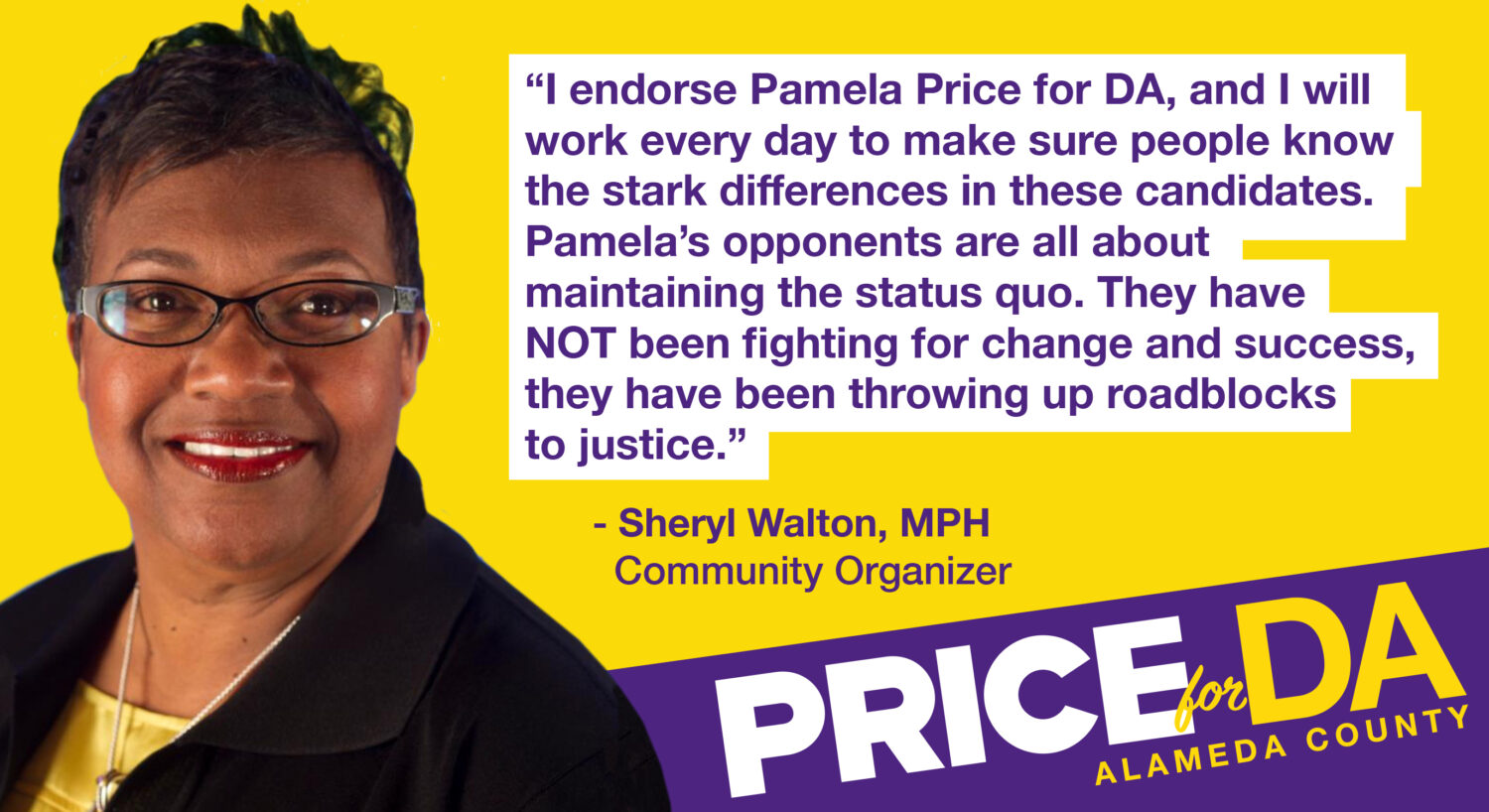
We Need New Leadership
Ultimately, we need fundamental reform of our broken criminal justice system. Potentially successful pathways like Full Service Partnerships and Collaborative Courts don’t operate effectively because the system doesn’t know how to work with anything other than incarceration. This “lock them up” mentality is the real threat to public safety. To think that someone who has practiced, profited and prospered for 30 years in a broken system riddled with racial inequities, who is endorsed by the incumbent and all of the other District Attorneys who have participated in a racist system, is actually going to be the one to fix the problem is ludicrous.
The time for new leadership and collective embrace of compassionate justice is NOW.
“I support Pamela Price for DA because she has shown time-and-time again how to find where the injustice is, bring it to light and fix it,” said Cathy Leonard. “We have seen her fight for what was right all the way to the Supreme Court and win.”
“I endorse Pamela Price for DA, exclaimed Sheryl Walton. “I will work every day to make sure people know the stark differences in these candidates. Pamela’s opponents are all about maintaining the status quo. We deserve so much better than what we have been getting out of OUR District Attorney’s office. They haven’t been fighting for change and success, they have been throwing up roadblocks.”
I thank Cathy and Sheryl for their continued dedication to the campaign and the fight for true criminal justice reform. We are all about creating pathways, not roadblocks to justice.


